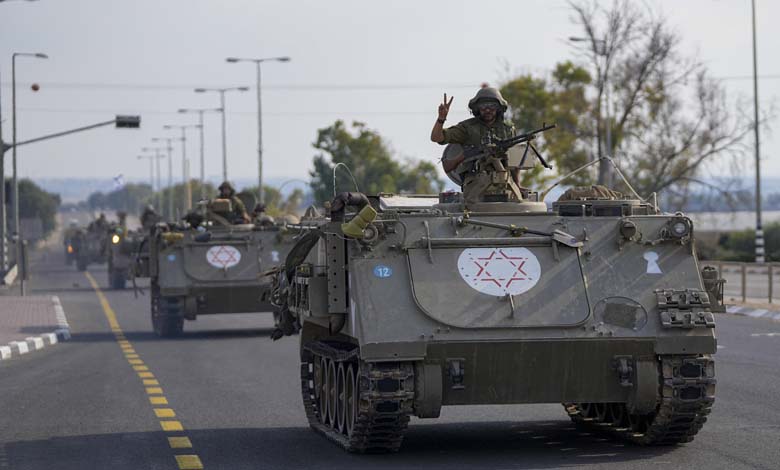United States and the Middle East: A Crucial Week to Extinguish the Flames of War and Monitor Developments

This week is crucial for American diplomacy in its effort to extinguish the fires raging in the Middle East and prevent their spread.
Senior U.S. officials hope to overcome obstacles and reach a ceasefire agreement in Gaza, with a round of anticipated negotiations scheduled for Thursday, as the region prepares for a potential Iranian attack.
The United States is pushing for a new round of indirect talks between Israel and Hamas this week, in a final attempt to restore calm in the region and free hostages, following over 10 months of war.
Negotiations between Israel and Hamas had been stalled for several months amid mutual accusations.
Obstacles and Promises
According to a report from “The Wall Street Journal”,” the United States is expected to send a team of senior officials to the region this week, in hopes of overcoming obstacles and reaching an agreement, while the region braces for a potential Iranian attack and further escalation.
The U.S., Egypt, and Qatar have called on the parties to resume talks in a meeting on Thursday, promising to present their own proposal to bridge remaining gaps if necessary.
The U.S. stated that Israel welcomed the invitation, while Hamas has not yet confirmed whether its delegation will participate.
In a message conveyed to Arab mediators on Monday evening, Hamas‘s new leader Yehya Sinwar stated that if Israel is serious about negotiations and wants the movement’s participation, it must first cease its military operations in Gaza, according to sources reported by the newspaper.
It is unlikely that Israel will meet such a demand, having previously declared its determination to achieve its dual goals of defeating Hamas and securing the return of hostages.
Israeli Prime Minister Benjamin Netanyahu has repeatedly stated his goal of achieving a “total victory” over Hamas and has said that any agreement will not prevent his country from resuming combat.
Sticking Points
In addition to the Philadelphia Corridor along the Egyptian border and the Rafah crossing, other unresolved issues in any ceasefire agreement include the identity of Palestinian prisoners who will be released from Israeli jails.
Other issues include security arrangements in the “Nitzarim” corridor, which divides Gaza (Gaza City and the northern from the central and southern areas) and has been under Israeli control since the start of the war, as well as the identity and number of hostages to be released.
With the continued fighting in Gaza and a series of assassinations targeting senior Hamas and Hezbollah leaders, which observers believe have pushed the Middle East to the brink of further escalation, countries are urging Israel and Hamas to reach an agreement and end the fighting.
The visit of senior American officials to the Middle East this week comes as the region prepares for a potential Iranian attack.
The Israeli military is on high alert, and the United States is moving additional military assets to the region, including a guided missile submarine and a second aircraft carrier, amid growing concerns.
It remains unclear whether a potential Iranian attack will affect the Gaza negotiations.
Two days ago, leaders from the United States, the United Kingdom, France, Germany, and Italy expressed their support for efforts to de-escalate tensions in the region and reach a ceasefire agreement in Gaza.
The U.S. and other countries hope that a ceasefire agreement in Gaza will pave the way for easing confrontations between Israel and Hezbollah along the Lebanese border and reducing regional tensions.
Approximately 111 hostages are still held from the October 7 Hamas-led attack in Gaza, although Israel has stated that at least 39 of them are already deceased.
American and Israeli officials specifically estimate that the death toll could be much higher due to untreated wounds, food shortages, and Israeli airstrikes, which have so far resulted in the deaths of around forty thousand Palestinians.
-
Expected American Veto to Prevent Palestinian Membership in the United Nations
-
Troubles and Crises: International Economy Affected by Iran and Israel Events
On Monday, Abu Obeida, spokesperson for Hamas’s military wing, announced that one hostage was killed and two others were seriously injured by their guards in Gaza.
Polls show that most of the Israeli public supports a hostage deal.












